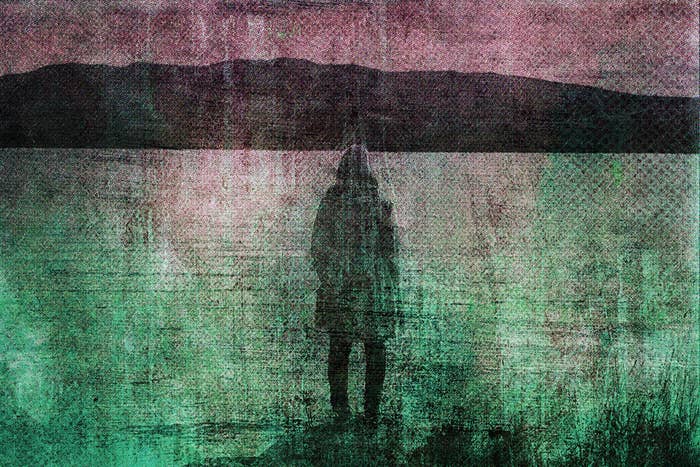
When I read Jackie's story of trauma, institutional betrayal, and survival at the University of Virginia, I was horrified to read the details, but I was not surprised. As a college survivor and advocate for rape-free campuses, I am well acquainted with these kinds of events. Unfortunately, my experience has also made me familiar with another ugly part of sexual assault activism: the rampant minimizing, rape denialism, and victim-blaming that exists in our culture. Yesterday's letter from Rolling Stone backing away from the story is now a part of that. And it is downright dangerous.
One of the implications of the letter is that the reporter should have spoken to the alleged assailants to verify whether Jackie was raped. Journalistically, this is standard practice, and legally, it can provide some cover for a publication in the event of libel or defamation charges. But realistically, how does talking to a rapist confirm that a rape occurred? Do we really believe that a rapist would admit "Oh yes, I was there and I raped her" if a journalist approached them? And it is not unusual for publications to cover violent crimes — including sexual assault — without interviewing the alleged perpetrator. Demanding that we must hear both sides when we talk about sexual violence plays into the tired "he said/she said" framing often used to dismiss sexual assault. It also implies that if we hear from both a survivor and their assailant their accounts will be giving the same amount of weight, when all too often, assailant's accounts are taken as the more accurate ones.
It isn't just unnecessary, but it's outright dangerous to demand that survivors must tell media who their attackers are to make their stories worth hearing. The threat of further physical harm in retaliation after an assailant gets a call from a reporter is all too great. I still remember the time on campus when I was too afraid to leave my room after my assailant attacked. I spent most of my time in bed under the covers even as the end of the semester came and went. I found the risk of skipping my finals small in comparison to the risk of running into my abuser.
Surviving sexual assault on campus also has very real financial costs. The danger of potentially exposing oneself to a defamation suit is yet another burden that a survivor shouldn't have to bear simply for coming forward. I shudder to think about paying for legal fees for a court battle over defamation on top of the tens of thousands of dollars of student loan debt accrued from attending a school that didn't care that I was raped.
Now we are at risk for setting a dangerous precedent for what survivors must be willing to give if they tell their stories in the media: give the names of the individuals who caused one of the worst — if not the worst — moments of your life. It's been years since I've seen my assailant and I refuse to utter his name. Does that make me not worth believing?
Survivors have so much to deal with in the aftermath of their assaults. It is ridiculous and wrong that we should expect them to recite their stories with airtight precision and expertise. It is not survivors' jobs to be perfect so you can believe whether rape is a problem or not. It's an impossible burden to bear. There is a neurobiological basis for the discrepancies that survivors might have when they're recounting their stories. That doesn't mean that they weren't raped.
It is no secret that I am a survivor of sexual assault. My survivor status received national attention when I started #SurvivorPrivilege on Twitter to highlight that we often have very little — if anything — to really gain for coming forward. Putting my story out there also means I am putting my identity as a survivor (and thus my entire existence) up for scrutiny. I've learned through countless interviews with media over the years that giving details of your story exposes a survivor to a level of scrutiny that aims to see how perfect of a victim you are. And guess what: You're never perfect enough.
I now deliberately do not give details of my assaults. That may make people think I am less believable, but I know that they weren't going to believe me anyway. When I shared my story in an appeal to get people to sign a petition to hold colleges that fail to help survivors accountable, I got an email from a stranger. He received my email, but had to make sure that I was really raped first. He used scare quotes around "sexual assault" as he explained that since his Google searches didn't bring up any police reports, I must tell him what happened in detail to prove I was properly raped (you know, rape raped). Only then would he be able to sign my petition in good conscience. This man took the time to Google my rape and look up my not-easily-available email address.
I didn't respond. He never was going to believe me.
